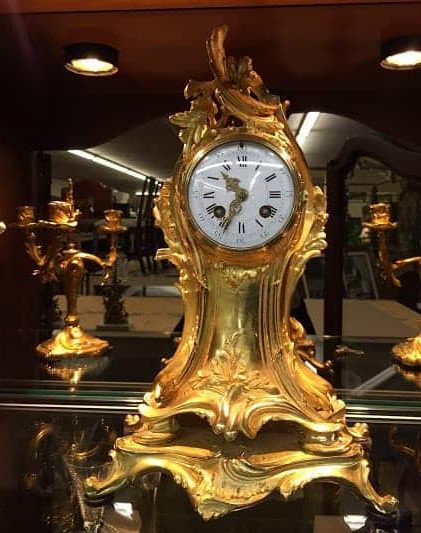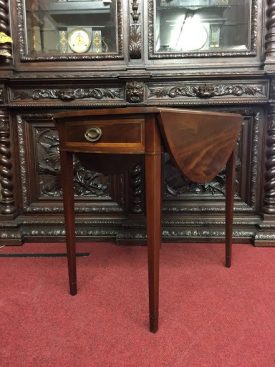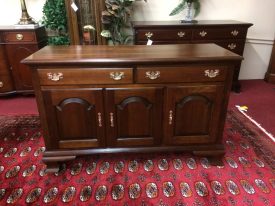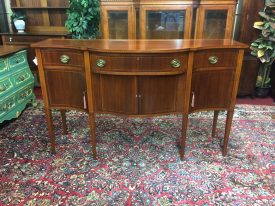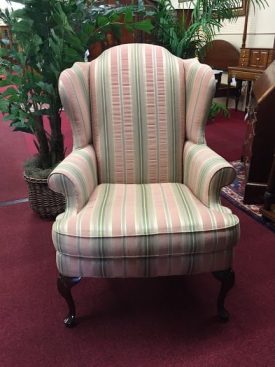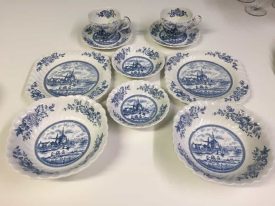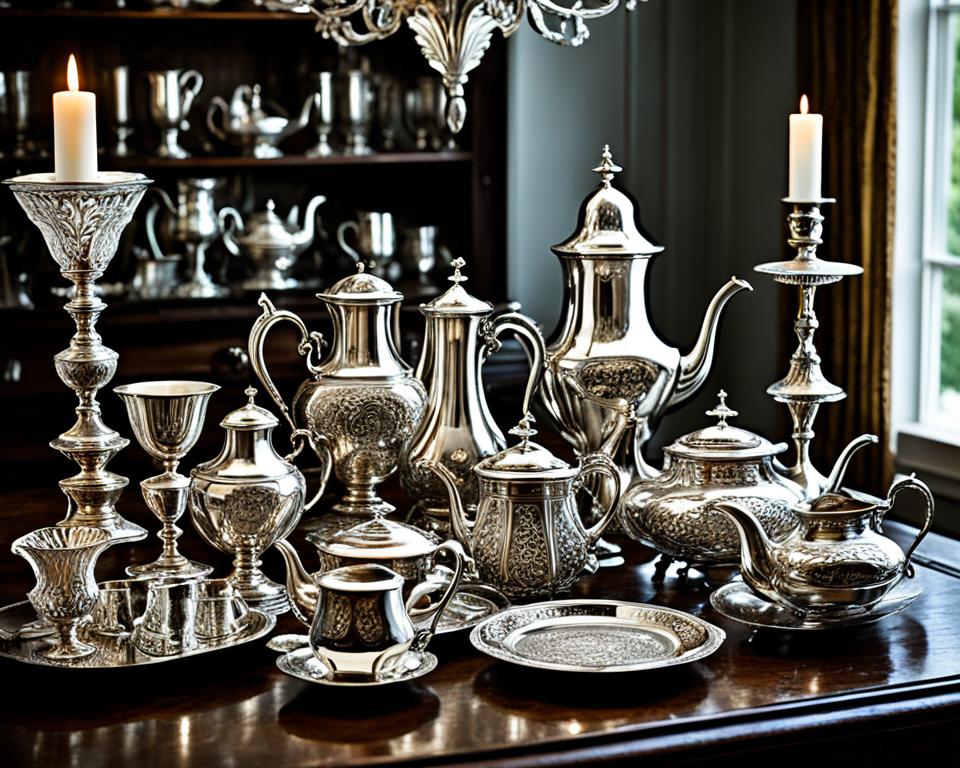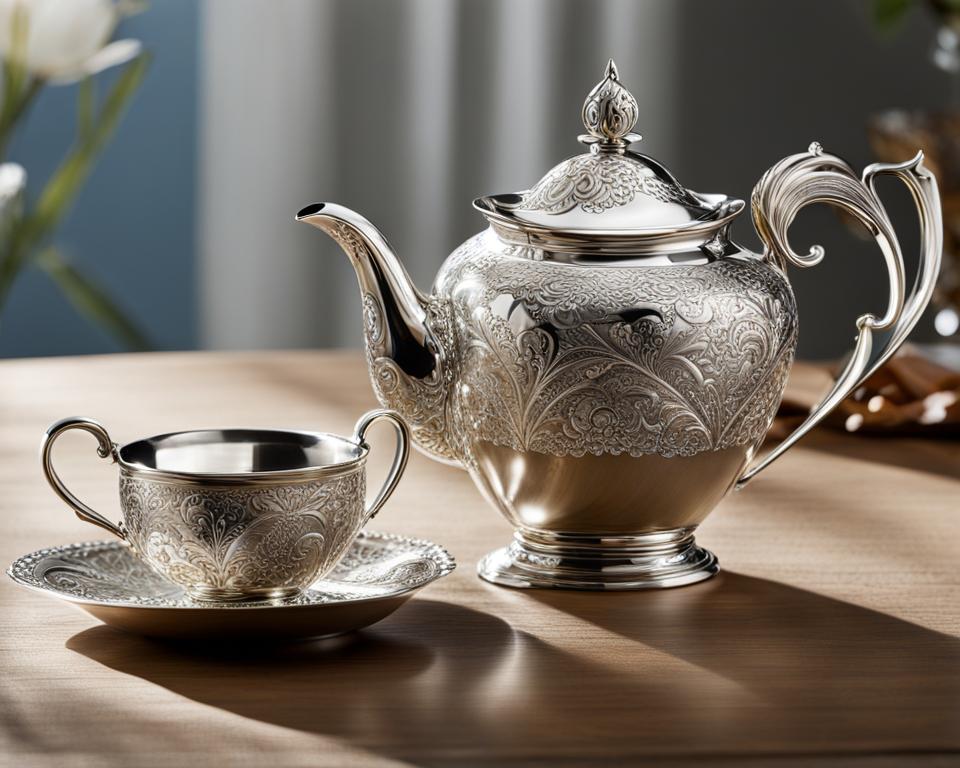If you have a clock that you suspect may be valuable, you may be wondering how much it’s worth. The value of a clock can depend on a variety of factors, including its age, condition, rarity, and historical significance. This guide will help you understand how to determine the value of your clock and what factors to consider.
Identify the Type and Maker of Your Clock.
The first step in determining the value of your clock is to identify its type and maker. This information can usually be found on the clock’s face or movement. Look for any markings or labels that may indicate the maker or manufacturer. You can also research the style and design of the clock to help narrow down its origin. Once you have identified the type and maker of your clock, you can begin to research its value based on similar clocks that have sold in the past.
Consider the Age and Condition of Your Clock.
The age and condition of your clock are two important factors that can greatly affect its value. Generally, older clocks are more valuable than newer ones, especially if they are in good working condition. However, if your clock is very old and in poor condition, it may not be worth as much as a newer clock in excellent condition. Look for any signs of damage or wear, such as cracks in the case or missing parts, and factor these into your assessment of the clock’s value.
Look for Unique Features and Decorative Elements.
Clocks with unique features and decorative elements can often fetch a higher value than those without. Look for intricate carvings, ornate designs, and unique materials such as marble or ivory. Additionally, clocks with special functions such as chimes or moon phase indicators may also be more valuable. Take note of any unique features or decorative elements when assessing the value of your clock.
Research Recent Sales of Similar Clocks.
One of the best ways to determine the value of your clock is to research recent sales of similar clocks. Look for clocks that are similar in age, style, and condition to yours and see what they have sold for in recent auctions or sales. This will give you a good idea of what collectors are willing to pay for clocks like yours. You can also consult with antique dealers or appraisers to get their expert opinion on the value of your clock.
Consult with a Professional Appraiser.
While researching recent sales can give you a good idea of the value of your clock, it’s always a good idea to consult with a professional appraiser. An appraiser can provide you with a more accurate and detailed assessment of your clock’s value, taking into account factors such as its rarity, historical significance, and condition. They can also provide you with a written appraisal that can be used for insurance purposes or if you decide to sell your clock. Look for appraisers who specialize in clocks and have a good reputation in the industry.

